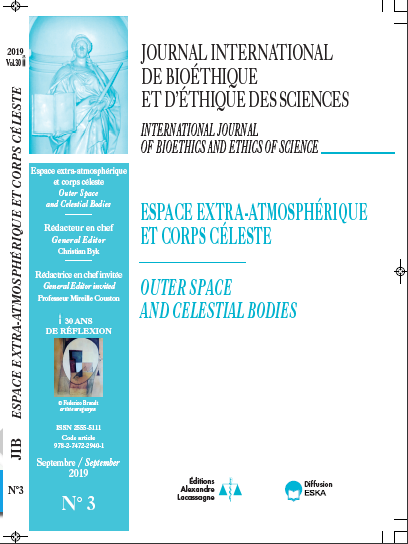CHAPTER 9: ONCOFERTILITY AND PREPUBESCENT GIRLS: A ‘RIGHT TO AN OPEN FUTURE’?
DOI:
https://doi.org/10.54695/jib.30.03.3523Abstract
While chemotherapy and radiotherapy have increased the life expectancy of cancer patients, they may cause premature ovarian failure and irreversible loss of fertility. In the context of childhood cancers, it is now acknowledged that possible negative effects of treatment on future reproductive autonomy are a major concern. While a few options are open to patients post-puberty, the only option currently open to prepubescent girls is cryopreservation of ovarian tissue and subsequent transplan-tation. Yet, this procedure raises ethical concerns related to its experimental nature and to risks involved in surgery and general anesthesia. In addition, the risk of malignant cells being reintroduced in the future following autologous transplan-tation of the ovarian tissue is still poorly evaluated. A number of ethical issues arise surrounding this procedure. While the girl’s future reproductive autonomy is at stake, it is important to also consider risks associated with the procedure. Current fertility preservation through cryopreservation of ovarian tissue thus raises a conflict between the principles of beneficence and non-maleficence. We argue that the ethical complexity surrounding fertility preservation for prepubescent girls should be resolved by applying the principle of “the child’s right to an open future”. We propose to consider ‘beneficence’ through the lens of the child’s future interest in becoming a genetic parent.







